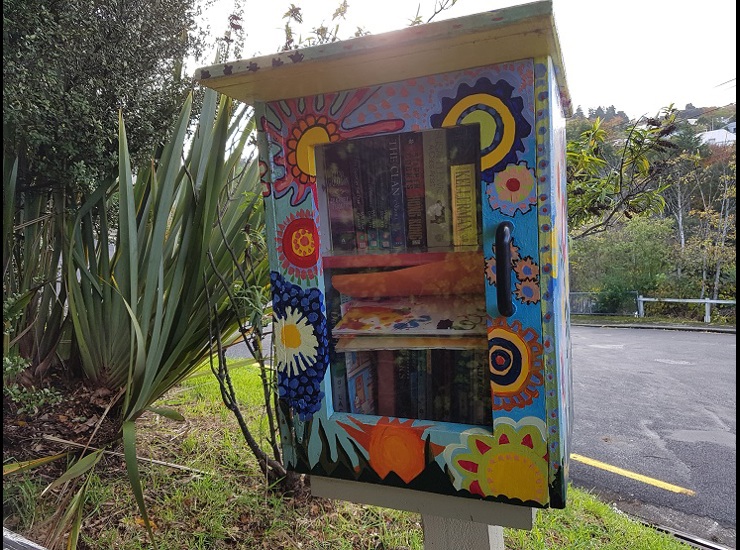
I was fortunate enough to have just spent the last four weeks working with Professor Elaine Reese at the University of Otago in Dunedin, New Zealand, all thanks to a LuCiD travel grant. One of the aims of the visit was to expand my understanding of how shared book reading promotes children’s language development, by observing an intervention that Professor Reese and her team are currently carrying out with home-based educators in New Zealand.
The number of home-based education services is increasing in New Zealand, as is the number of children enrolled in home-based care. A great deal of language acquisition research, including that of LuCiD, largely focuses on parents and children in the home. However, children often find themselves in learning environments with different adults and so it was fascinating to find out more about the work that Professor Reese and her team have been doing with home-based educators.
I attended the home-based educators weekly play groups in order to see some of the book reading intervention in action. The intervention encourages educators to use books to reminisce with children about past events. Other aspects of the intervention focus on encouraging children to think about the sounds of different words that they hear in different books (e.g. “what else rhymes with mouse”?) The researchers will then measure how these techniques affect children’s language development. At the playgroups I was also able to chat with the early years educators themselves to find out about their own experiences in taking part in the intervention. Many of the educators spoke incredibly positively about the different book reading techniques they had learned and were now implementing on a regular basis.
 During my research visit, I also gave a talk at the monthly departmental lab meeting. I presented the findings from the work we’ve been doing in Liverpool with a reading charity called The Reader. This was the first time our work had been presented and so it was great to be able to share our ‘hot off the press’ findings. I had some very interesting comments and questions. It was really useful for us all to discuss our experiences in working with different educational organisations and how this line of work can advance our understanding of book reading research.
During my research visit, I also gave a talk at the monthly departmental lab meeting. I presented the findings from the work we’ve been doing in Liverpool with a reading charity called The Reader. This was the first time our work had been presented and so it was great to be able to share our ‘hot off the press’ findings. I had some very interesting comments and questions. It was really useful for us all to discuss our experiences in working with different educational organisations and how this line of work can advance our understanding of book reading research.
Finally, I was also able to find out more about new data collection techniques that are currently being used by researchers at the University of Otago. These techniques are aimed to enhance our understanding about the sorts of things that caregivers and children say and do when they share books together. I met up with a number of early career researchers at Otago to find out more about these techniques. It was also an important opportunity to share information and ideas about our respective projects, and to learn from each other how our projects might be adapted. For example, these techniques will inform our own work from the data we have collected with caregivers and children sharing books together before and after they took part in a shared book reading intervention.
I am so grateful to LuCiD for making this research visit possible. It was a fantastic experience to be able to work in a different lab (on the other side of the world!) My four weeks at the University of Otago really broadened my own understanding of book reading research in different educational settings. In the future I hope to collaborate with some of the fantastic researchers I had the pleasure of working with. Watch this space!

